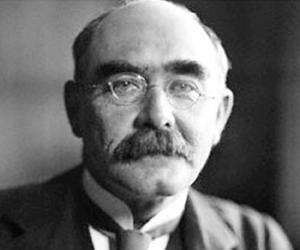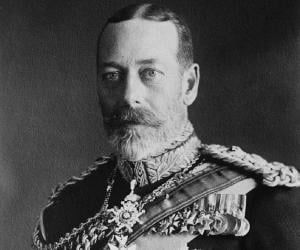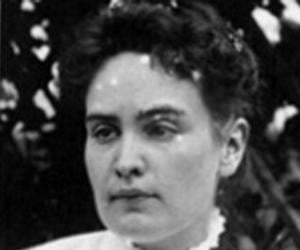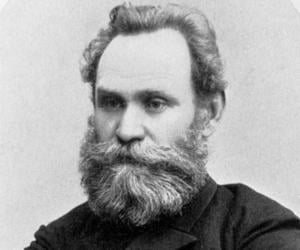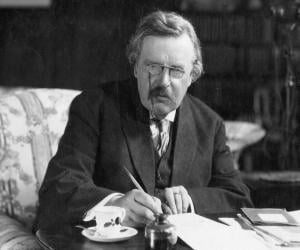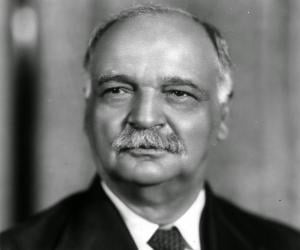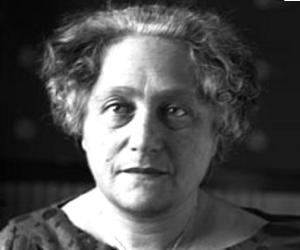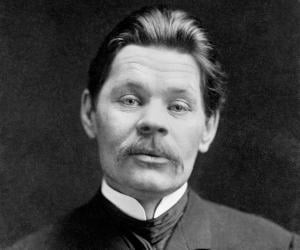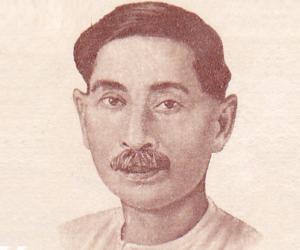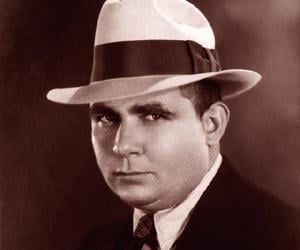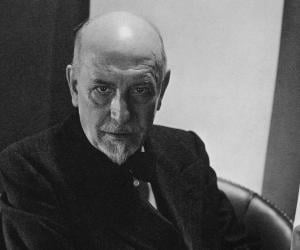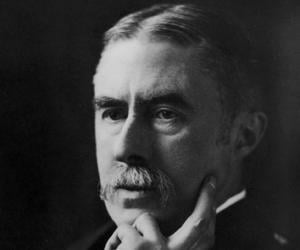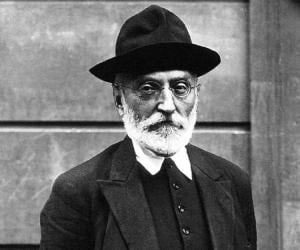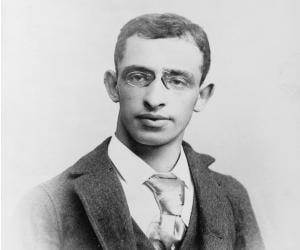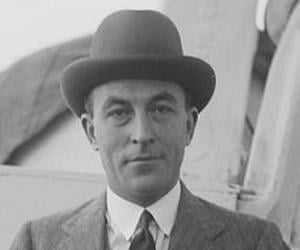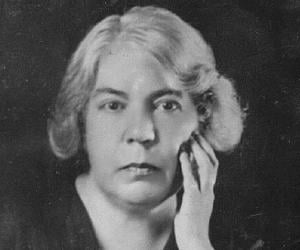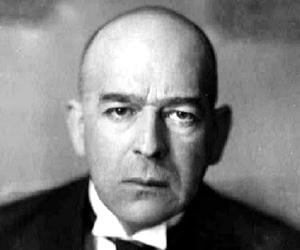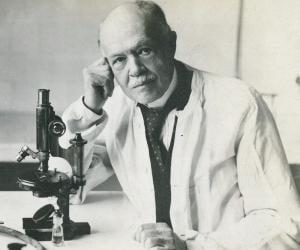English journalist, short-story writer, poet, and novelist Rudyard Kipling is best remembered for his fiction work The Jungle Book. He was born in India and many of his works are inspired by his life in the country. He was one of the most popular English writers in the late 19th and early 20th century.
George V became the King of Great Britain and the British Dominions in 1910. During the World War I, he played an active role in supporting the troops. The rise of socialism, communism, fascism and the Indian independence movement was witnessed during his rule. His reign also saw the supremacy of the elected British House of Commons established by the Parliament.
Gilbert K. Chesterton was an English writer, philosopher, and art critic. A prolific writer, he composed around 80 books, hundreds of poems, around 200 short stories, and 4,000 essays. Often referred to as the "prince of paradox", he had as many detractors as he had admirers. He is considered a successor to Victorian authors like Matthew Arnold and John Ruskin.
Elsa Einstein was the second wife of Albert Einstein. She is best remembered for her relationship with Albert Einstein as the latter started a relationship with Elsa, who also happens to be his cousin, while he was still married to Mileva Marić. Elsa Einstein was instrumental in the Einsteins building their summer house in 1929.
Maxim Gorky was a writer and political activist. He is best remembered for founding the socialist realism literary method. Gorky, who was nominated for the prestigious Nobel Prize in Literature on five occasions, published several novels that were later adapted into plays, films, and operas. In 1938, Valery Zhelobinsky adapted Gorky's novel Mother into an opera.
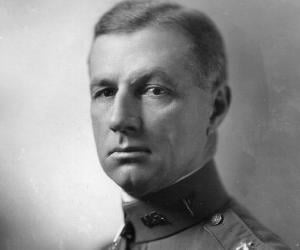
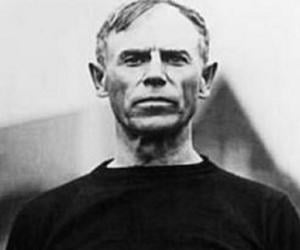
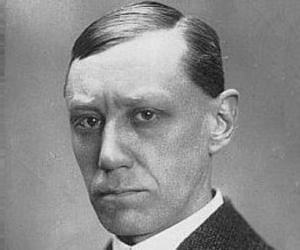
Luigi Pirandello was an Italian novelist, short story writer, poet, and dramatist. Best remembered for his plays, Pirandello was honored with the prestigious Nobel Prize in Literature in 1934. An Italian nationalist, Pirandello supported Fascism; he asked the Fascist government to melt down his Nobel Prize medal for the Abyssinia Campaign.
Miguel de Unamuno was a Spanish essayist, poet, playwright, novelist, and philosopher. His most famous novel was Abel Sánchez: The History of a Passion, a modern retelling of the Biblical Cain and Abel story. He was a significant figure in the Spanish literary and intellectual circles and served as rector of the University of Salamanca.
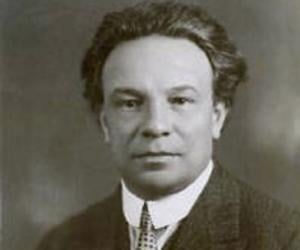
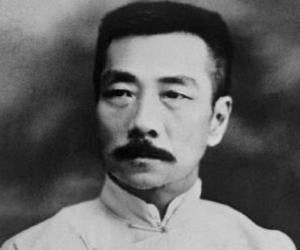
Lu Xun was a Chinese writer, poet, essayist, and literary critic. An important and influential personality of modern Chinese literature, Lu Xun's work influenced Chinese literature and popular culture after the May Fourth Movement. Mao Zedong, a lifelong admirer of Lu's work, declared him the saint of modern China shortly after his death. His works have been translated into English.
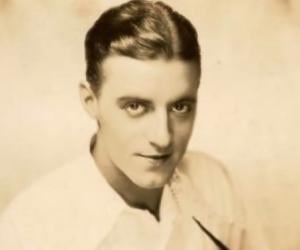
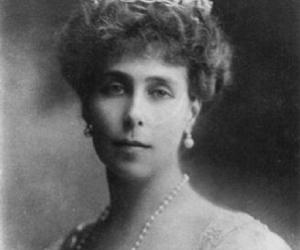
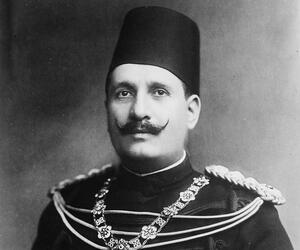
Fuad I of Egypt was the Sultan of Egypt who ruled as the ninth ruler of Sudan and Egypt from the Muhammad Ali dynasty. Fuad played an important role in modern Egyptian historiography. His efforts to depict his ancestors as benevolent monarchs and nationalists would prove to be a long-lasting influence on Egyptian history.
Alexander Berkman was a Russian-American anarchist and author. He was famous for both his political activism and his writing and was a leading member of the anarchist movement in the early 20th century. He served as the editor of fellow anarchist Emma Goldman's anarchist journal, Mother Earth. He suffered from ill-health in his later years and died by suicide.
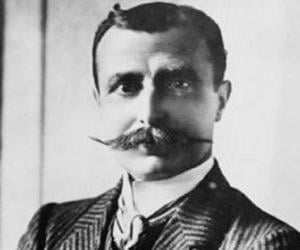
Louis Blériot was a French aviator, engineer, and inventor. He is credited with developing the first workable headlamp for cars. He is also credited with making the first working, piloted monoplane. Blériot achieved worldwide fame in 1909 when he became the first person to fly across the English Channel. Louis Blériot also founded the successful aircraft manufacturing company, Blériot Aéronautique.
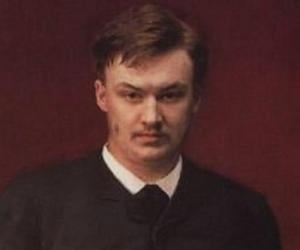
Jean Patou was a French fashion designer. He is credited with founding the popular French fashion house, Jean Patou. Over the years, several popular fashion designers like Karl Lagerfeld, Marc Bohan, and Jean Paul Gaultier have worked for Jean Patou. Patou is also credited with creating the designer tie, which he invented in the 1920s.
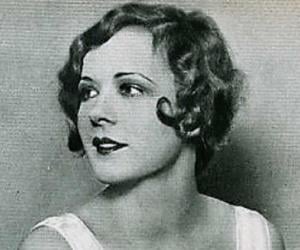
Grazia Deledda was an Italian writer who received the Nobel Prize for Literature in 1926, becoming the first Italian woman to receive the prize. Interested in writing from a young age, she became a writer despite her family’s objections. Today, her work is highly regarded across the world, and generations of writers continue to be inspired by her.
German historian Oswald Spengler is best remembered for his iconic The Decline of the West, which had a huge influence on social theory. He believed that culture cannot be transferred and that it can only decline and decay like an organism. He lived his final years in isolation in Munich.

Eleuthérios Venizélos was a Greek statesman who played a prominent role in the Greek national liberation movement. He served as the Prime Minister of Greece on eight occasions between 1910 and 1933. As a politician, he contributed immensely to the expansion of Greece. Eleuthérios Venizelos is often called the Maker of Modern Greece due to his influence on the country.
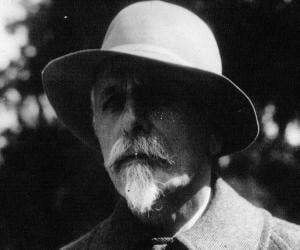
Basil Zaharoff was a Greek industrialist and arms dealer. Dubbed the mystery man of Europe and merchant of death, Zaharoff is remembered as a cunning and manipulative businessman who employed corrupt business tactics during the First World War. Interestingly, he was also a philanthropist, and his life inspired several fictional characters, including Ian Fleming's Ernst Stavro Blofeld.
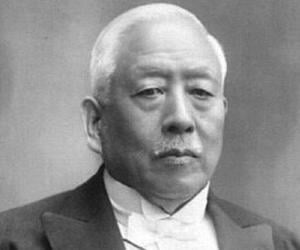
Japanese naval officer Saitō Makoto had initially worked as a naval attaché in the U.S. He later served as the governor of Korea and the minister of the Japanese navy, eventually becoming the prime minister of Japan. He was assassinated by members of the February 26 rebellion in 1936.
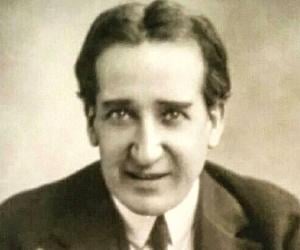
One of the most popular magicians of his time, Howard Thurston was born to working-class parents and ran away from home as a child to join a circus. He popularized the floating woman illusion previously performed by Harry Kellar and was best known for his card tricks.
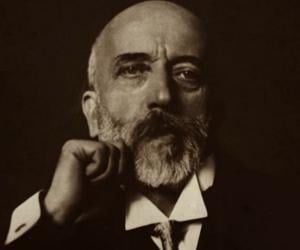
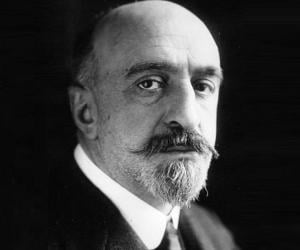
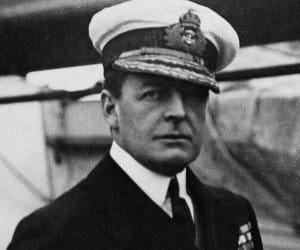
Royal Navy officer David Beatty, 1st Earl Beatty, had been the Admiral of the Fleet and is remembered for his exploits in World War I. Some of his major heroics were seen in the Battle of Jutland and the Battle of Heligoland Bight. He was also knighted for his achievements.
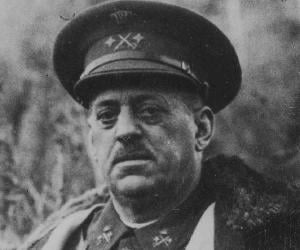
José Sanjurjo was a Spanish general best remembered for his involvement in the July 1936 coup d'etat which led to the Spanish Civil War. He was killed in a plane crash while returning to Spain from Portugal in 1936. Sanjurjo was featured in Harry Turtledove's novel Hitler's War, which was part of his six-novel series The War That Came Early.
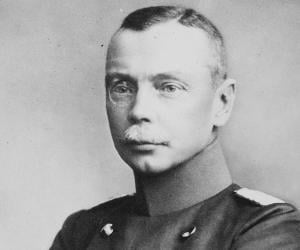
Hans von Seeckt was a German military officer. He played an important role in the First World War where he was a key figure in planning the victories achieved by August von Mackensen during World War I.
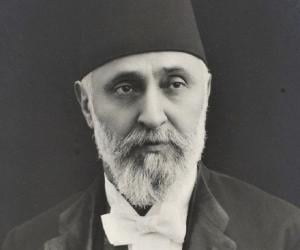
Ahmet Tevfik Pasha had been the Grand Vizier of the Ottoman Empire for 3 terms and was the last Ottoman to hold the post. He had also been the Ottoman Empire’s foreign minister. He supported revolutionary Mustafa Kemal’s nationalist movement which opposed the Allied occupation of Anatolia following World War I.
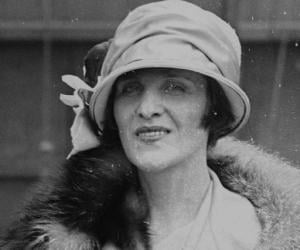
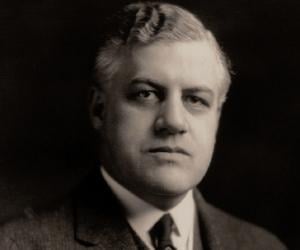
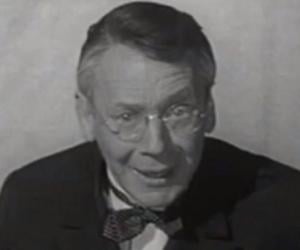
Initially aspiring to be a lawyer, Austrian writer Karl Kraus later deviated to philosophy and German literature before quitting studies altogether. He had also been a stage performer but later made his mark as one of the finest aphorists and playwrights in German history, with works such as Nights.
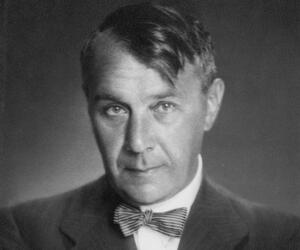
Hungarian author Dezső Kosztolányi brought in futurism to Hungarian literature and wrote everything from plays to plays. Known for his novels such as Skylark and The Golden Kite, he also translated works of legends such as Shakespeare and Rilke. He was a lifelong journalist, too.
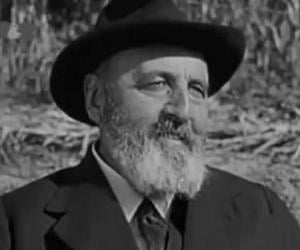
Leonardo Torres y Quevedo was a Spanish mathematician and civil engineer. He was a pioneer in the development of the automated calculation machines and radio control. Torres is also credited with inventing a chess automaton and the Whirlpool Aero Car, which is located in Niagara Falls.
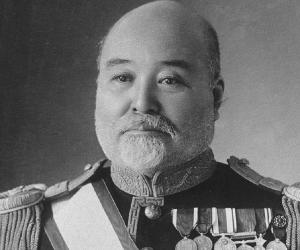
Born an illegitimate son of an official painter of the shogunate, Takahashi Korekiyo was later adopted by a samurai. He went to the U.S. and worked there for a while, before returning to Japan. He eventually stepped into politics and later became the prime minister of Japan.
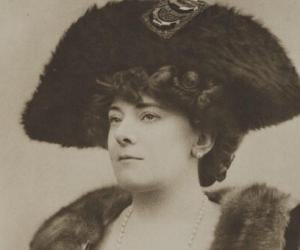
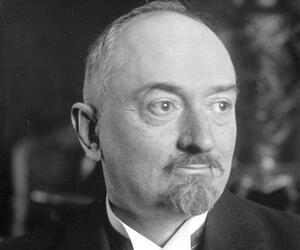
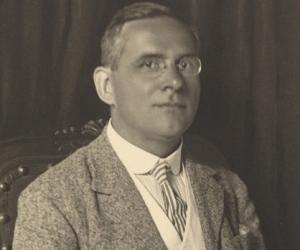
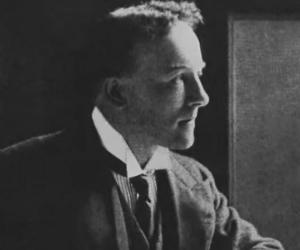
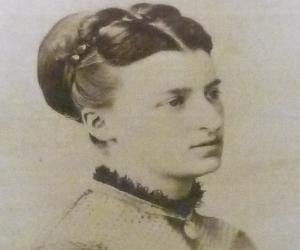
Anna Boch was a Belgian painter best remembered for her Impressionist style. Apart from painting, Boch also held one of the most prominent collections of Impressionist paintings. Anna Boch is also remembered for supporting and promoting young artists like Vincent van Gogh.
